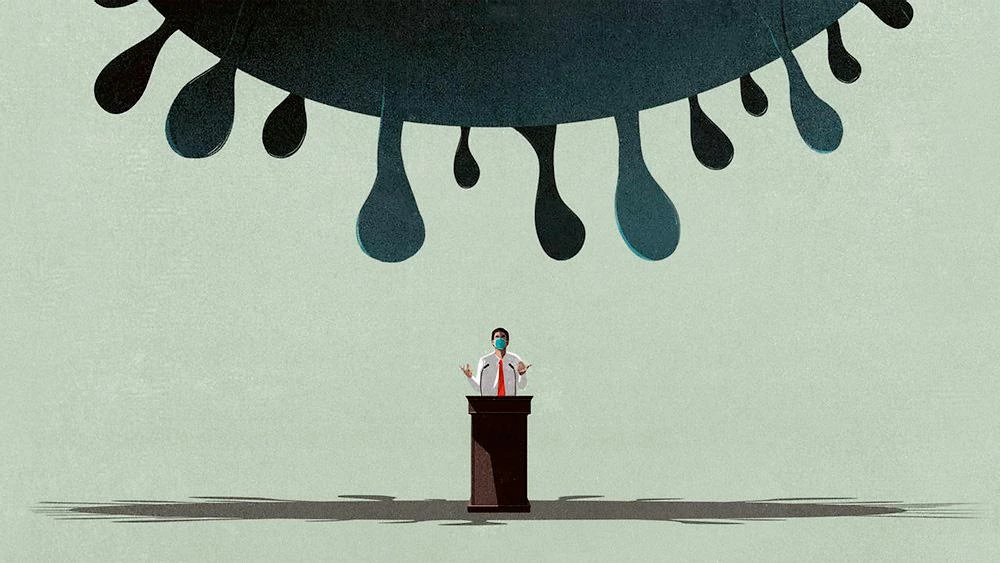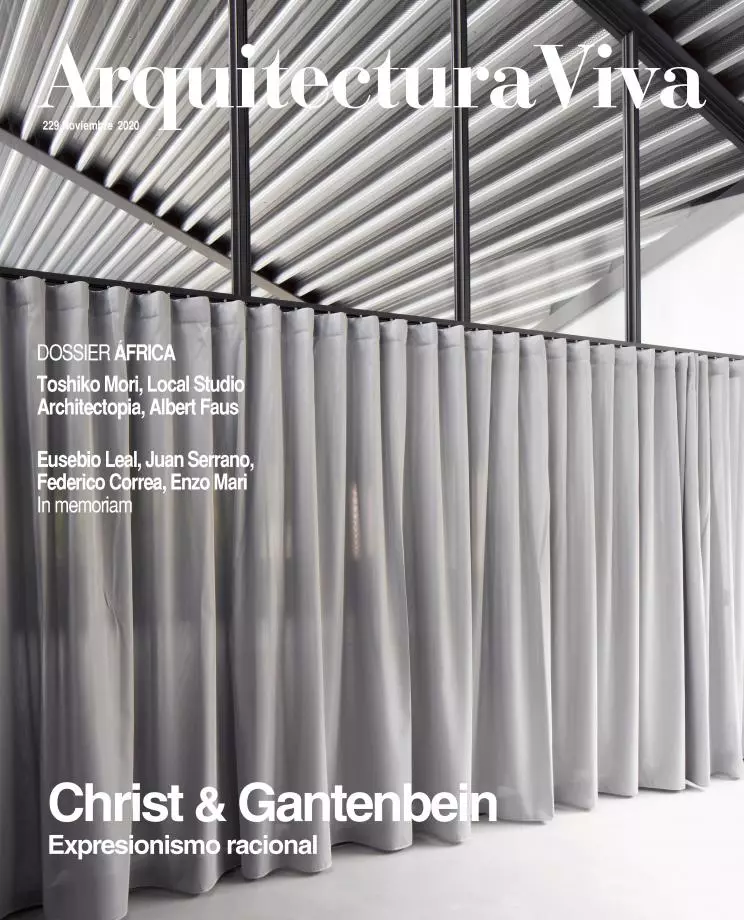Inequality in the Face of the Virus
America at a Crossroads: a Moral Renewal

When the coronavirus pandemic hit in 2020, the United States, like many other countries, was unprepared. As the contagion spread, the wealthiest country in the world found itself unable to provide even the medical masks and other protective gear that doctors and nurses needed to treat the flood of infected patients. But beyond its lack of logistical preparedness, the country was not morally prepared for the pandemic. The years leading up to the crisis were a time of deep divisions – economic, cultural, political.
Morally, the pandemic reminded us of our vulnerability, of our mutual dependence. “We are all in this together.” Public officials and advertisers reached instinctively for this slogan. But the solidarity it evoked was a solidarity of fear, a fear of contagion that demanded “social distancing.” Public health required that we express our solidarity, our shared vulnerability, by keeping our distance, by observing the strictures of self-isolation.
But the moral paradox of solidarity through separation highlighted a certain hollowness in the assurance that “we are all in this together.” It did not describe a sense of community embodied in an ongoing practice of mutual obligation and shared sacrifice. On the contrary, it appeared on the scene at a time of nearly unprecedented inequality and partisan rancor. The same market-driven globalization project that had left the United States without access to the domestic production of surgical masks and medications had deprived a great many working people of well-paying jobs and social esteem.
Meanwhile, those who reaped the economic bounty of global markets, supply chains, and capital flows had come to rely less and less on their fellow citizens as producers and as consumers. Their economic prospects and identities were no longer dependent on local or national communities. As the winners of globalization pulled away from the losers, they practiced their own kind of social distancing.
The political divide that mattered, the winners explained, was no longer Left versus Right but open versus closed. In an open world, success depends on education, on equipping yourself to compete and win in a global economy. This means that national governments must ensure that everyone has an equal chance to get the education on which success depends. But it also means that those who land on top come to believe that they deserve their success. And, if opportunities are truly equal, it means that those who are left behind deserve their fate as well.
This way of thinking about success makes it hard to believe that “we are all in this together.” It invites the winners to consider their success their own doing and the losers to feel that those on top look down with disdain. It helps explain why those left behind by globalization would become angry and resentful, and why they would be drawn to authoritarian populists who rail against elites and promise to reassert national borders with a vengeance.
Now, it is these political figures, wary though they are of scientific expertise and global cooperation, who must contend with the pandemic. It will not be easy. Mobilizing to confront the global public health crisis we face requires not only medical and scientific expertise, but also moral and political renewal.
Michael J. Sandel is a professor at Harvard Law School. The text is an excerpt from his book The Tyranny of Merit: What’s Become of the Common Good?





